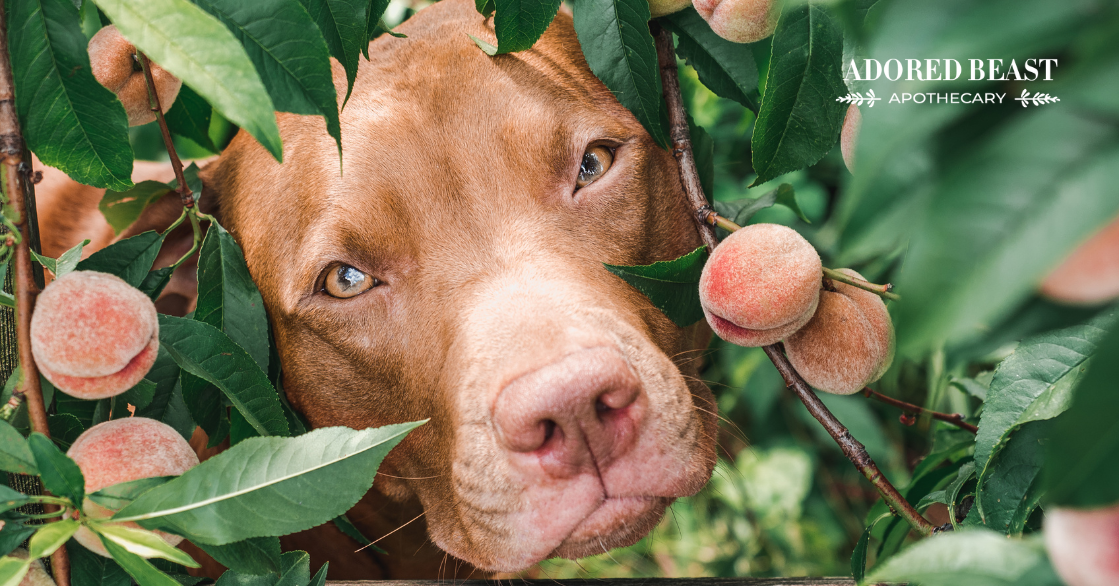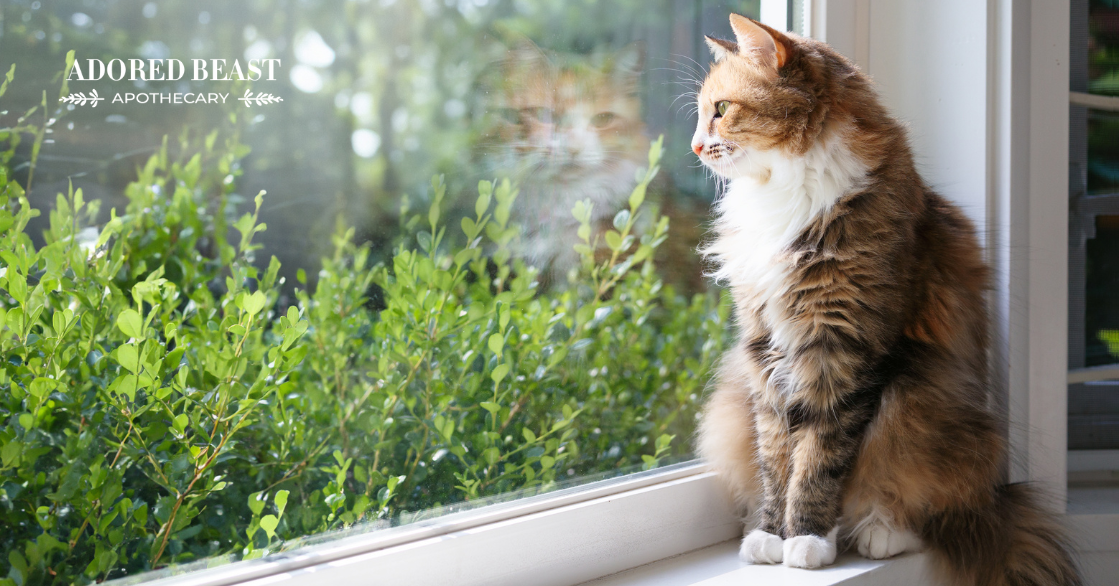Have you decided to bring a kitten into the family? Congratulations! They are one of the most adorable and fulfilling creatures to have in your home.
Cats are also extremely unique in their nutritional needs, so ensuring they get the best start will literally set them up for life. Keep reading to learn my top 5 national tips for kittens!
Before we get started on the tips thought, let’s define your kitten.
What is an obligate carnivore?
Your kitten is a obligate carnivore.
This means they are highly specialized meat eaters who have evolved genetically to eat a prey-based diet. They have even lost some of the metabolic pathways the dogs and humans use to convert nutrients from plant-based food. It is PARAMOUNT that you keep this in mind as you feed your new kitten. If you are uncomfortable feeding meat, a cat might be the wrong pet for you…..
Banfield Veterinary State of Pet Health report outlines the most common diseases affecting companion cats:
- obesity
- diabetes
- kidney disease
- osteoarthritis
- dental disease
Looking at the bigger picture, these diseases are all greatly influenced by diet. To prevent illness, we need to feed kittens and cats in a way that supports them, rather than stressing them. Highly processed foods will contribute to all of the above illnesses. Period. Start your kitten off with the right diet and you will be doing your kitty and your wallet a big favour! Cats are very uncomplicated when you simply feed them what they need: unprocessed – REAL – food!
Additionally, recent studies show a significantly better rate of digestibility with meat-based diets over processed feeds and healthier microbiomes in cats and kittens.
[RELATED] For a more in-depth look at cat nutrition, check out this post!
Have you heard this myth?
Have you been told by an animal care professional that feeding fresh food will cause nutritional deficiencies? While there are cases of deficiency due to poorly designed homemade pet diets, they can be easily avoided. I have been feeding kittens and cats fresh food for over 20 years with no developmental issues. My cats and my clients’ cats thrive on species-appropriate raw foods. There are some simple guidelines you need to follow if you want to do it right.
Top 5 Nutritional Tips for Kittens
Here are my top 5 nutritional tips for kittens for health and longevity:
1. Ditch the Kibble
Just like with kids, healthy eating habits start in childhood. Whatever they learn to eat as young animals, they will habituate to in adulthood. That’s why it’s so important to start them off with a raw diet as early as possible. It is much harder to switch an adult cat to raw than it is to start your kitten onto it. Cats become “addicted” to dry food and it can be really hard to convince them to change when they are older and set in their ways. Carbs are not your cat’s friend and neither is dry, processed food.
2. Pay Attention to Calcium Levels
This is the mineral that is most often lacking in homemade raw diets. The number one source of calcium in the raw diet is raw bone. Feed poultry or rabbit with ground bone at least 4 days per week. It is easy to keep the calcium levels in your kitten’s diet this way. If your kitten has trouble with bone, use meats without bone but be sure to add a food-grade steamed bone meal supplement.
IMPORTANT: egg shell powder and calcium supplements do NOT count and are not appropriate for growing kittens. It must be bone meal, which has a balanced calcium:phosphorus ratio for growing animals.
3. Feed Variety
To make sure your kitten gets a wide range of minerals like potassium, iron, magnesium, and zinc, feed a variety of proteins, organs, and bones. Rotate in as many different proteins as possible. You can even work through different food brands and recipes to get more variety.
4. Pay Attention to Fats
Your kitten needs energy from fat, so when you’re purchasing commercial raw food or making your own recipe, the fat analysis should be, on average, between 8-11% crude fat (as fed). Make sure you are not under or overfeeding fat to your kitten.
OMEGA 3 FATS – Omega 3s are also lacking in most commercial and raw diets. It’s an important addition to ensure healthy growth and inflammatory reduction. Our favorites: canned sardines (packed in water) and algae oil (make sure it has EPA and DHA).
5. Pay Attention to Taurine Levels
Cats have a dietary need for the amino acid taurine. Their bodies cannot make it from other nutrients like dogs can. Turkey and chicken are adequate in taurine. But, if your cat can’t eat these, you’ll need to add a supplement. Ungulate animals – eg. beef, venison, and lamb – are low in taurine. Rabbit is also low. Be sure to add 250 mg of free-form taurine to your cat’s daily meal schedule with non-poultry meals.
Setting your kitten up on the right nutritional footing in the beginning is easy. I hope these nutritional tips for kittens help to set your new family member on a life-long path to health and happiness!












